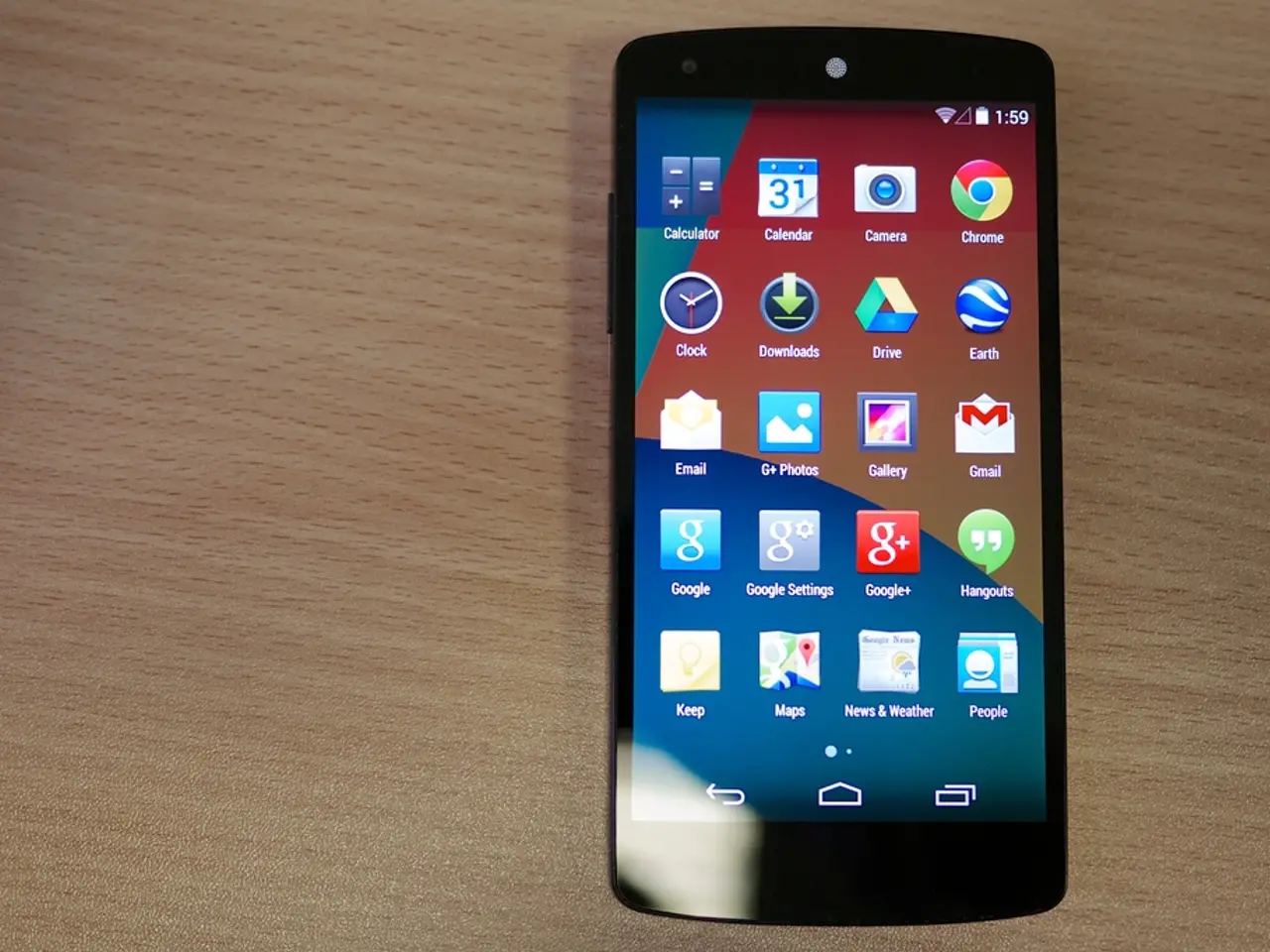Engaging Mobile Applications for English Language Learning Anytime, Anywhere
Mobile Apps Revolutionize English Language Learning
Mobile apps have become a game-changer in the realm of English language learning, catering to diverse learning styles for effective acquisition. By integrating multiple modes of learning—visual, auditory, reading/writing, and kinesthetic—these apps offer a blend of structured lessons with interactive, gamified, and immersive experiences.
One of the key ways apps address diverse learning styles is through multisensory content delivery. Platforms like Busuu and Memrise engage visual and auditory learners by using videos of native speakers, written exercises, flashcards, and listening practice. This approach enhances retention and comprehension, making learning more accessible and enjoyable.
Interactive and gamified learning is another approach used by apps such as Duolingo and Babbel. These platforms incorporate gamification elements such as unlocking levels, earning rewards, and quizzes to make learning more engaging and interactive. This approach benefits kinesthetic learners by involving active participation rather than passive reading.
Personalized and adaptive learning paths are also integral to many apps. They tailor lesson difficulty and content based on user performance and preferences, allowing learners to focus on skills they need most and learn at their own pace. This approach benefits all styles, especially reflective learners.
Community and social feedback is another valuable feature offered by apps like Busuu. The platform provides community-driven learning, where native speakers offer personalized corrections and conversational practice. This element supports interpersonal learners through authentic speaking and writing feedback.
Bite-sized, practical lessons are another hallmark of mobile apps. Lessons are often organized around real-life topics, with integrated practice of vocabulary, grammar, speaking, listening, reading, and writing. This contextual and practical approach supports various learning preferences by connecting language to usable scenarios.
Mobile apps also offer the convenience of offline and flexible learning, allowing learners to study anytime, anywhere, accommodating different schedules and environments. This flexibility is crucial for learners with varied attention spans and lifestyles.
In addition, mobile apps are likely to play a key role in blending formal and informal education, with potential integrations in traditional curricula and partnerships between app developers and educational organizations. The integration of VR in language learning apps presents a future trend to watch, with the potential to expand realistic language practice and make learning more engaging and effective.
The future of language learning through mobile apps looks promising, with the integration of artificial intelligence (AI) and machine learning algorithms for personalized and adaptive learning paths. These technologies will enable learners to track their progress and receive immediate feedback, enabling them to understand their proficiency levels and areas needing improvement.
Progress tracking and motivation are key benefits of using mobile apps, with built-in analytics tools and social elements to boost engagement. As technology continues to evolve, we can expect mobile apps to play an increasingly significant role in English language learning, offering a convenient, effective, and personalized learning experience for learners of all ages and backgrounds.
[1] https://www.busuu.com/ [2] https://www.memrise.com/ [3] https://www.duolingo.com/ [4] https://www.babbel.com/ [5] https://www.lingq.com/ [6] https://www.mondly.com/
Listening exercises on apps like Duolingo and Babbel help auditory learners enhance their English language skills through practice of native speakers' pronunciation. Integrating technology into education-and-self-development, these gadgets, such as smartphones, provide practical learning resources for individuals aiming to improve their English. While studying with apps, learners can engage in community and social feedback for authentic speaking and writing practice, as illustrated in platforms like Busuu. Additionally, bite-sized, interactive, and gamified lessons make English learning interesting and accessible for various learning styles, contributing to the ongoing mobile app revolution in education and self-development. [References: 3, 4, 5, 6]




